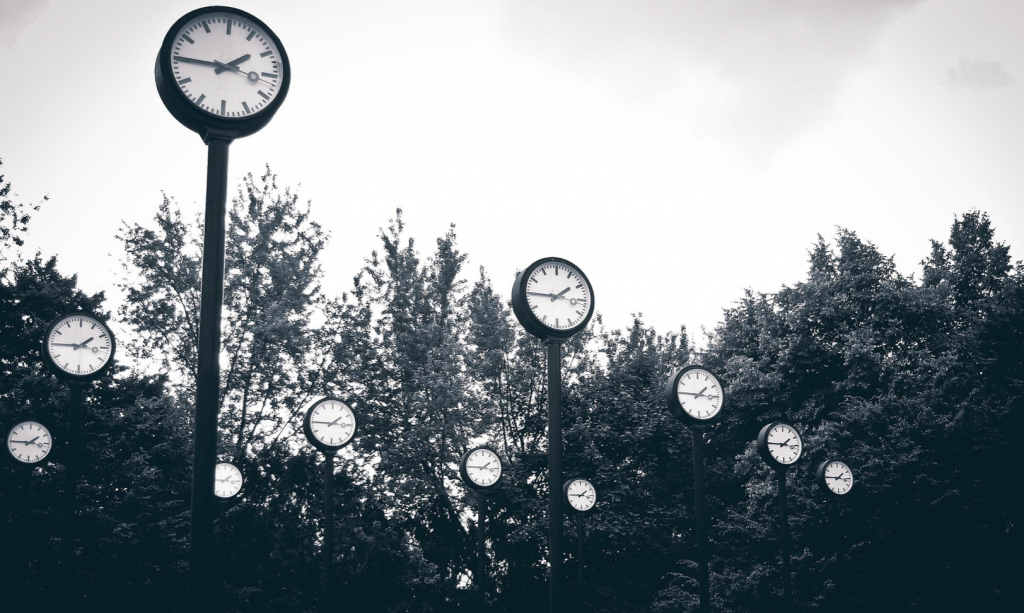How Every Culture Keeps Time Just a Little Bit Differently
Score: 8/10
Biggest Takeaway:
- Different cultures / groups of people have different perceptions and attitudes to time
- These differences can impact relationships, and even business success
- Our attitude to time can impact health and wellbeing

Who should read it:
This book is a go-to for those who work globally and interact with people from different cultures. Business owners, consultants, entrepreneurs and export managers.
Initially it was the title that intrigued me, but from page one, when the author explored the tempo of different cities and links between tempo and economic potential I was hooked. This is a fascinating read and even more interesting are the methods the author and his team used to collect the research data on which the book is based.
I have never considered that countries with a high economic potential like the UK, North America and Northern Europe, operate at a much faster pace than other countries. Within cities there are specific cultures all with different attitudes to time.
Population size makes a difference too. Larger cities tend to have a faster tempo. Cities located in tropical climates, where life is more laid back, operate at a marginally slower pace than countries such as Ireland, Switzerland and Germany.
Who knew those of us who live in the UK and USA operate in a more individualistic way? We are very ‘clock-focussed’. Whereas Asian countries practice more collectivism where the culture is much more people orientated. An Algerian tribe The Kabyle refer to the clock as the ‘Devils Mill’, a lot of us can identify with that! The author refers to some people being ‘hurry sick’, so I am now mindful of when I am trying to race the clock.
The book has a fascinating section on the perception different cultures have of duration and time passing, confirming most people can be +/- 10% on guessing the lapse in time periods. Introverts are less able to estimate time than extroverts, obese people are more accurate about time passing than people of normal weight. On the other hand, time moves much faster for maniacs, psychopaths and those suffering paranoid schizophrenia. Whilst those suffering from depression see time passing at a slower pace. (The author explains this is linked to the frozenness of the future and a feeling of hopelessness, which makes sense.)
In the West we spend good money on trying to keep ourselves occupied; Westerners have a dread of having nothing to do. Unlike Brunei and India where people will sit around together not even talking and the silence is golden. The Japanese put value on what has not been said, whilst the Chinese are great believers in waiting for the right moment to speak.
In addition to being informative and entertaining, the author has some very important messages about how time has influenced our culture. In the West, we see expensive watches as status symbols and good time keeping synonymous with virtue. We have dramatically moved away from natural time in harmony with the seasons to a highly regimented focus on time, which has been exacerbated by computerisation.
This obsession with time causes martial breakdowns, is one of the main causes of stress and depression i.e. ‘I cannot get this done before the deadline’, and even mothers’ nursing their babes complain it takes too long. Everywhere we are impacted and influenced by the marching of time. This book importantly reminds us that we are not all the same in our perceptions of time and the importance we place on it. It wouldn’t be a bad thing if more of us were aware of the impact our attitude to time has on our relationships and personal wellbeing.